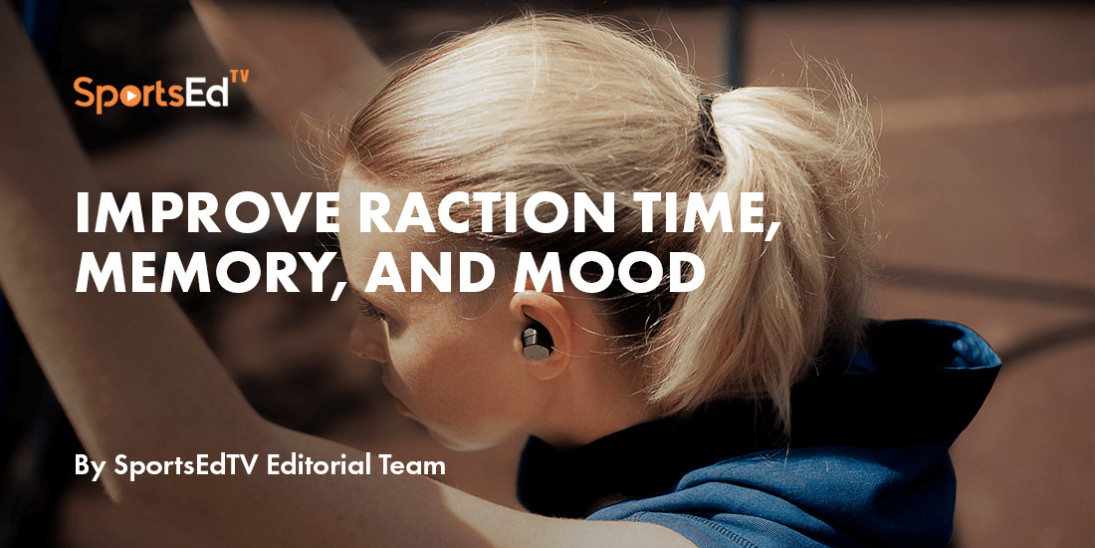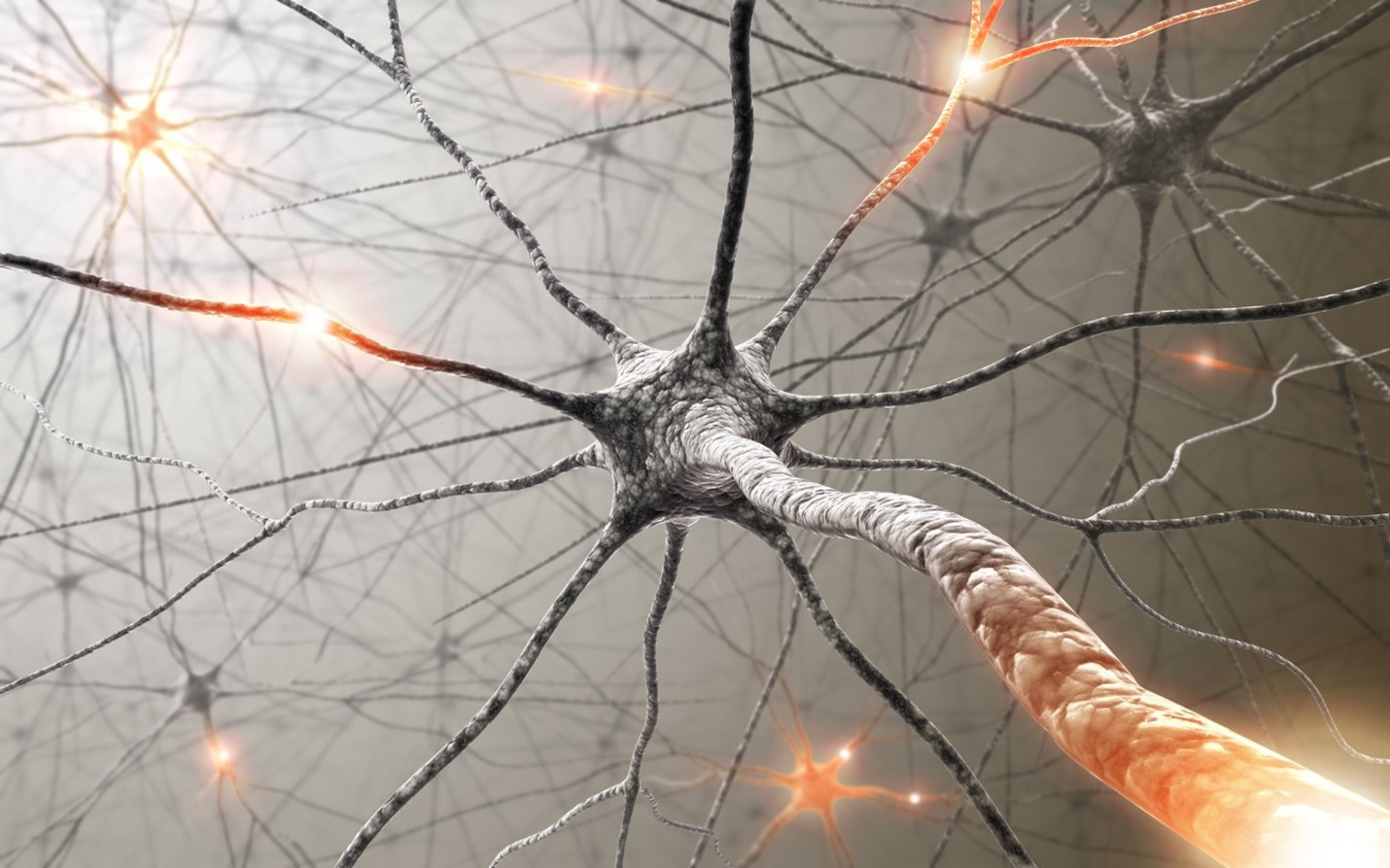Mental Health, Mental Toughness, Sports Parenting
Welcome and thanks for visiting...

How Exercise Improves Reaction Time, Memory, and Mood

“Today I will love myself enough to exercise.”
The anonymous author of that quote speaks in the tongue of reformed lab nerd turned exercise disciple Dr. Wendy Suzuki, Professor of Neural Science and Psychology at New York University.
The reformation of Dr. Suzuki is self-described during her TED Talk in which she confessed to a career-altering move away from a specialty in which her renown was in the field of memory research to one espousing the positive benefits of mood and focus that exercise encourages.
Her exercise awakening prompts Dr. Zuzuki to preach the powerful effects of physical activity.
"Simply moving your body has immediate long-lasting and protective benefits for your brain, and that can last for the rest of your life," she asserts, adding, "And what if I told you that same thing could last a long time and protect your brain from different conditions like depression, Alzheimer's disease or dementia. Would you do it?”
In her own words, Dr. Suzuki described her professional and personal metamorphosis:
“But a few years ago, I did something very unusual in science. As a full professor of neural science, I decided to completely switch my research program. Because I encountered something so amazing, with the potential to change so many lives, I had to study it. I discovered and experienced the brain-changing effects of exercise. And I did it in a completely inadvertent way. I was actually at the height of all the memory work that I was doing -- data was pouring in, and I was becoming known in my field for all of this memory work. And it should have been going great. It was, scientifically. But when I stuck my head out of my lab door, I noticed something. I had no social life. I spent too much time listening to those brain cells in a dark room by myself.
I didn't move my body at all. I had gained 25 pounds. And actually, it took me many years to realize it. I was miserable. And I shouldn't be miserable. And I went on a river-rafting trip -- by myself because I had no social life. And I came back thinking, "Oh, my God, I was the weakest person on that trip." And I came back with a mission. I said, "I'm never going to feel like the weakest person on a river rafting trip again."
And that's what made me go to the gym. I also focused my type-A personality on going to all the exercise classes at the gym. I tried everything. I went to kickbox, dance, yoga, and step classes, and at first, it was hard.
But what I noticed is that after every sweat-inducing workout that I tried, I had this great mood boost and this great energy boost. And that's what kept me going back to the gym. Well, I started feeling stronger. I started feeling better. I even lost that 25 pounds.”
Calling her experience, an experiment she did on herself without even knowing it. When she studied more on the subject she found scientific validation that the great feelings she was personally experiencing—better mood, energy, memory, and attention were fundamental to exercise.
Now, after several years of focusing on the topic, she concludes "that exercise is the most transformative thing you can do for your brain, citing three reasons.

- It has immediate effects on your brain. A single workout that you do will immediately increase levels of neurotransmitters like dopamine, serotonin, and noradrenaline.
- The most common finding in neuroscience studies looking at the effects of long-term exercise is improved attention function dependent on your prefrontal cortex. You not only get better focus and attention, but the volume of the hippocampus increases as well.
- You not only get immediate effects of mood with exercise, but those last for a long time. So you get long-lasting increases in those good mood neurotransmitters.
She notes the current general exercise routines should be 30 minutes of aerobics 3 or 4 times a week.
Dr. Suzuki says he’s gone from memory pioneer to exercise explorer, determined to understand the optimum exercise prescription based on a person’s age, fitness, and genetics to maximize the effects of exercise to improve and protects individual brains for a lifetime.








